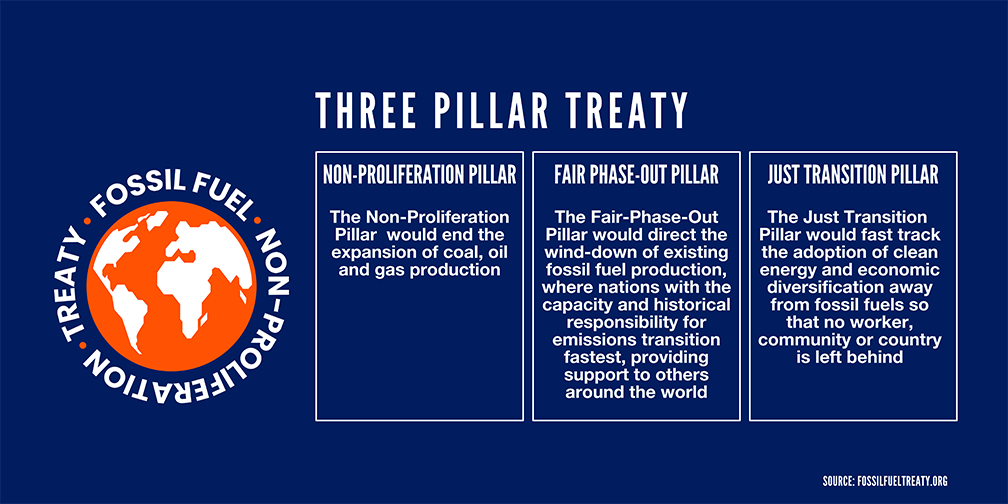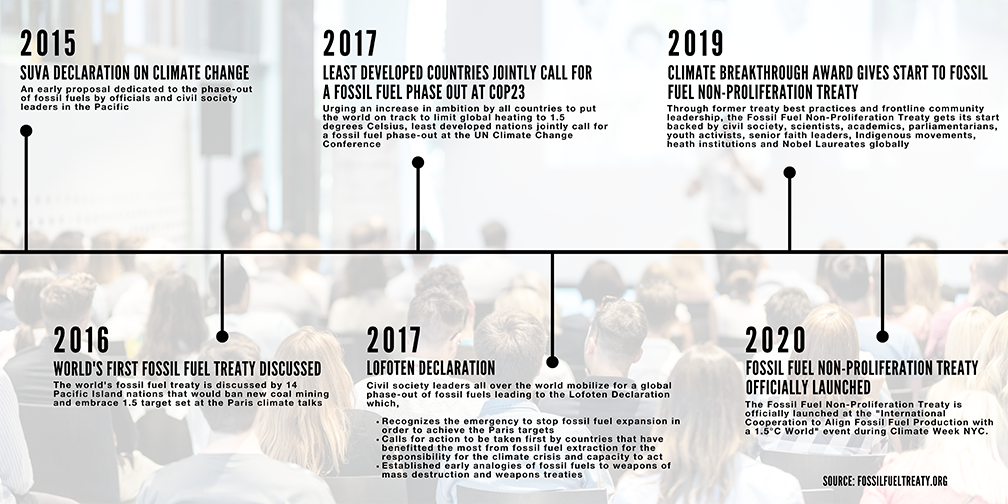Pinery Provincial Park © Helena Jacoba
Nature-based solutions to address the climate crisis are important and gaining popularity but they alone cannot address it effectively while the burning of fossil fuels – the primary driver of global heating and pollution – continues unchecked.
The connection between the burning of fossil fuels and worsening ecological and human health impacts is stark. And the need to stop the burning of fossil fuels is illustrated by the increased frequency, intensity and destructive tolls that fossil fuel-induced droughts, floods, hurricanes, heat waves (both terrestrial and marine), torrential rains and wildfires are taking on communities and ecosystems everywhere. Everyday impacts include worsening air and water quality, biodiversity loss, failing infrastructure, increasing prevalence of infectious diseases, food and water scarcity, and deteriorating mental and physical health.
While global climate talks have failed to achieve meaningful and sustained emissions reductions due in part to non-binding targets and vague deadlines, the Fossil Fuel Non-Proliferation Treaty (Fossil Fuel Treaty) is a different approach to mandate a fossil fuel-free future. By viewing fossil fuels through the lens of weapons treaties (fossil fuels are a weapon of destruction) and by leveraging past treaties’ best practices, the Fossil Fuel Treaty aims to achieve cooperation for a simultaneous global fossil fuel phase-out and equitable renewable energy transition.

What is the Fossil Fuel Non-Proliferation Treaty?
The initiative is a three-pillar treaty that addresses the climate crisis by proposing a stop to fossil fuel exploration and expansion. It mandates a phase-out of existing fossil fuel production to keep in line with the targets of the Paris Climate Agreement while supporting a just transition to renewable energy.
History of the Fossil Fuel Non-Proliferation Treaty

How Does It Work?
To establish binding targets for reducing fossil fuel production and consumption with the goal of keeping global heating below the Paris Agreement targets and ensuring a healthy, safe and secure future, the Fossil Fuel Treaty proposes the creation of a comprehensive Global Registry of Fossil Fuels to provide vetted, public and transparent data on fossil fuel reserves. This is necessary to enable:
- Negotiations on cuts so countries can decarbonize together, and
- Accountability toward pledged cuts, so countries can move forward fairly.
“For 30 years we have been making emissions reductions targets but the fossil fuel industry has been continuously expanding production. A Fossil Fuel Treaty is necessary because countries are not going to voluntarily cut their own fossil fuel production if other nations continue to profit from coal, oil and gas. An international treaty enables countries to cut emissions together and fairly.”
– Tzeborah Berman, Chair, 2022 United Nations Climate Change Conference (COP27)
Not Without Precedent
Global communities worked together to formalize the Nuclear Non-Proliferation Treaty in addition to treaties on chemical weapons, landmines, and ozone-depleting substances. These international treaties worked because they met several conditions:
- Achieved consensus because of extensive negotiations between countries.
- Provided a framework that established clear rules and standards for behaviour and cooperation, promoting stability, predictability and sustainability towards achieving a common goal.
- Included mechanisms for monitoring and enforcing compliance, binding countries to their commitments for which there are legal consequences if broken. Treaties become part of international law.
- Created new global norms, influencing behaviours and expectations and promoting greater cooperation and coordination among countries.
Who Supports It
Momentum is growing for the Fossil Fuel Treaty and its supporters include the Vatican, the World Health Organization, the European Parliament, Nobel laureates, academics, researchers, activists and a growing list of governments.
In July 2021, the City of Toronto became the second municipal government in Canada to endorse the Fossil Fuel Non-Proliferation Treaty, after the City of Vancouver endorsed it in October 2020. This follows the City of Toronto’s declaring a climate emergency and adopting an ambitious climate action plan called TransformTO in 2019. While not yet binding, the endorsement signals to provincial and federal levels of government that fossil fuel expansion cannot continue if we are to meet our climate targets and safeguard a livable and equitable future.
Learn more about the Fossil Fuel Non-Proliferation Treaty.

Sandra Dosen was a communications intern with Ontario Nature in 2023.
- SEO Powered Content & PR Distribution. Get Amplified Today.
- PlatoData.Network Vertical Generative Ai. Empower Yourself. Access Here.
- PlatoAiStream. Web3 Intelligence. Knowledge Amplified. Access Here.
- PlatoESG. Carbon, CleanTech, Energy, Environment, Solar, Waste Management. Access Here.
- PlatoHealth. Biotech and Clinical Trials Intelligence. Access Here.
- Source: https://ontarionature.org/fossil-fuel-non-proliferation-treaty-blog/
